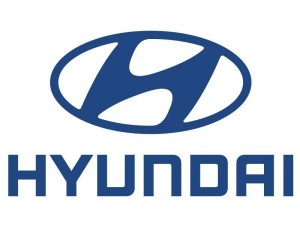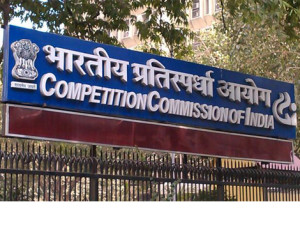The Competition Commission of India (CCI) has passed its first Order dated 14.6.2017 against the anti-competition practice of Resale Price Maintenance (RPM) by Hyundai Motors India Ltd. (HMIL/Hyundai). CCI has imposed the penalty of Rs. 87 Crores on Hyundai. The penalty also covers the violation of “tie-in” arrangements between Hyundai and its dealers for recommending engine oil and lubricants for Hyundai cars.
This Order assume importance, firstly, because it’s the first noted case in India where the manufacturer has been penalised for monitoring the discount to be given by its dealers. Though similar allegations relating to the same practice of prescribing maximum discount by the dealers were made earlier before CCI but except in one case (Snap deal Vs. Kaff Appliances, where the CCI referred it to the Director General (DG) for investigation and the case is still pending) the allegations have been closed so far. Secondly, it is the first case in which CCI has imposed penalty based on the principle of proportionality that is on the “relevant turnover” and not on the total turnover which had been the practice hitherto fore. This change has been made in compliance with the recent judgement dated 8.5.2017 passed by the Supreme Court in the recent case of Excel Crop Care Ltd vs. CCI.
The case of Hyundai illustrates an ongoing trend of car manufacturers trying to dictate the policies for promoting sale of their respective brands by following certain anti-competitive practices which are no longer legal.
The case demonstrates how Hyundai imposed “exclusive supply agreement” on its dealers by prohibiting the selling of cars of other brands, and how the company clandestinely controlled discounts which could be given by the dealers to the customers under the policy of “discount control mechanism”, although no such clause existed in the dealership agreement permits the company to do so. Dealership agreement incidentally only permits the company to prescribe the “net delivery price” or maximum retail price and the dealers were apparently allowed to sale below the said price on paper. In practice, however, through the policy of discount control mechanism, the company ensured that the dealer cannot offer more than the maximum discounts permitted, which were circulated through the discount schemes prescribed by the company.
Interestingly, Hyundai ensured compliance of its policy of discount control mechanism by engaging “mystery shopping” agencies for policing its dealers through fake customers. The dealer found to have deviated from the prescribed discount by giving extra discount to any customer was penalised with the minimum of Rs. 2 lakh for one violation and maximum of Rs. 80 lakhs for the sixth violation. Moreover, these penalties on dealers for violating the discount code were to be deposited not with the Hyundai Company but with an advertisement agency to obfuscate the allegation of the company indulging in RPM. The CCI found that this policy of Hyundai amounted to imposition of vertical restraint in the form of resale price maintenance and that such policy had the direct ‘object” of fixing minimum resale price on which the car could be resold by the dealer and hence restricted competition. Noticeably RPM prevents effective competition both at intra- brand level and inter- brand level and it doesn’t allow the dealers to compete effectively on price.
The other violation where CCI found that Hyundai was restricting competition through vertical agreement with dealers related to the practice of prescribing the engine oil and lubricant through Indian Oil Corporation Ltd. (IOCL) and Shell Oil company (Shell) only at prefixed price . The company penalised the dealers found using engine oil and lubricants other than these. The CCI found that this these practice amounting to Hyundai tying -in the sale to its prima product, that is cars, with lubricants and oil, that is, the other product and making the purchase thereof compulsory for its dealers. The lubricants, engine oil of IOCL and Shell were sold as “Hyundai genuine oil” and in case of use of oils of other companies by the customers, the Hyundai warranty could be cancelled in case of failure of specific spare parts. The CCI noted such tying-in arrangement reduced effective competition and violated section 3 (4) (a) read with section 3 (1) of the Competition Act, 2002.
The 3rd aspect of this order relates to the imposition of penalty, which was imposed, for the first time on the “relevant turnover” of sale of cars and not on the total turnover, considering the recent judgement of the Supreme Court dated 08-05-2017 in the case of Excel Corp Care Ltd. Vs CCI and others while deciding the penalty. The CCI o noted the concept of proportionality which balances the harm caused to the society by the infringer, which justifies the penalty, with the right of the infringer against undue harsh punishment which may be dis-proportionate to the seriousness of the infringement. The CCI accordingly considered the mitigating factors such as no super-normal profits, competition compliance programme and also the aggravating factors such as Hyundai being earlier also penalised by CCI. The earlier case being the Car Spare parts case (Shamsher Singh Kataria Vs. Honda IEL Ltd and others.)









